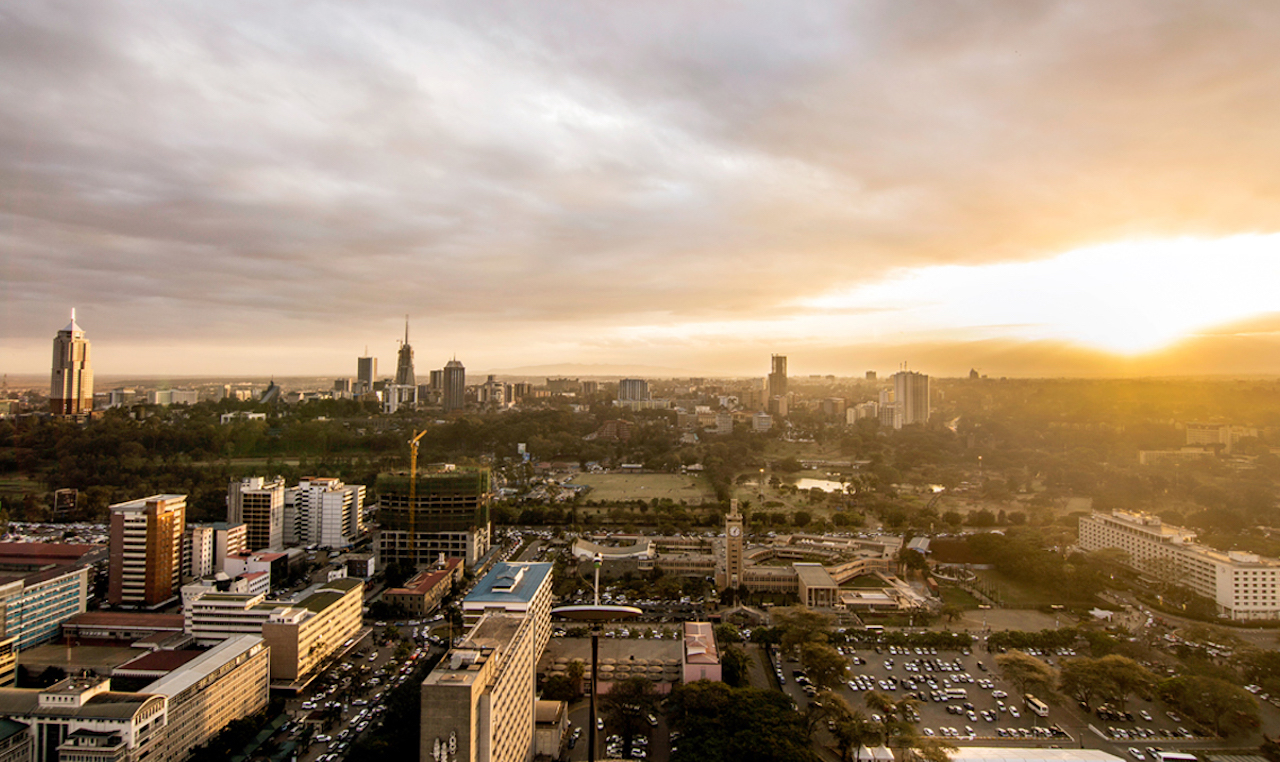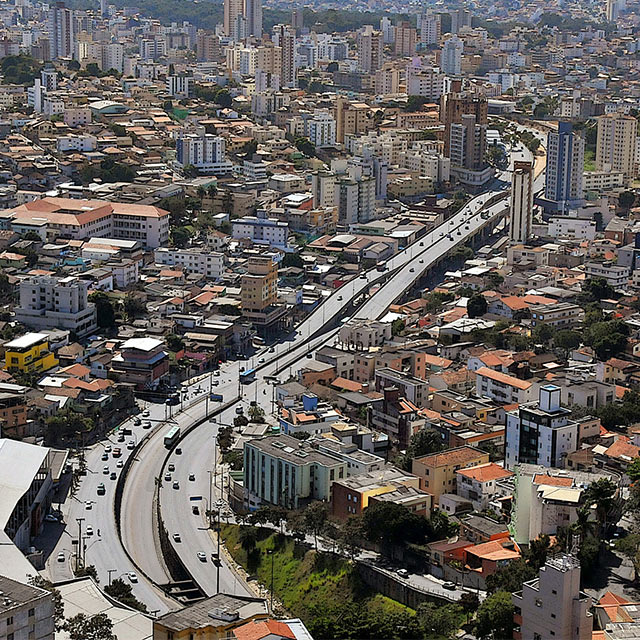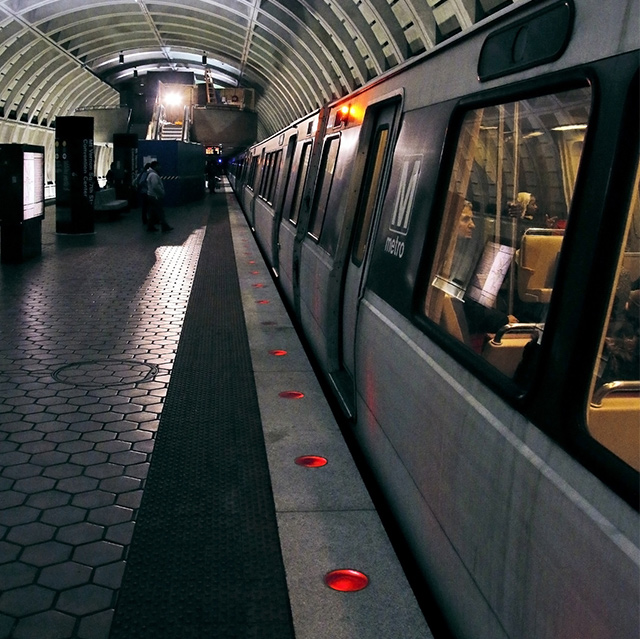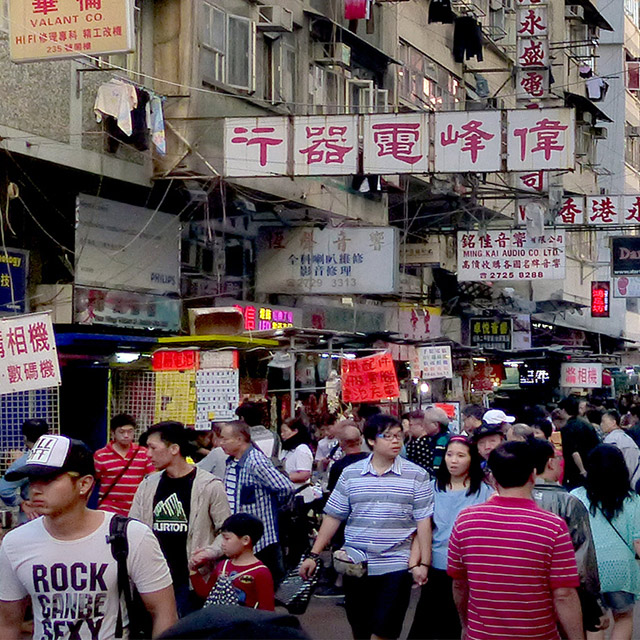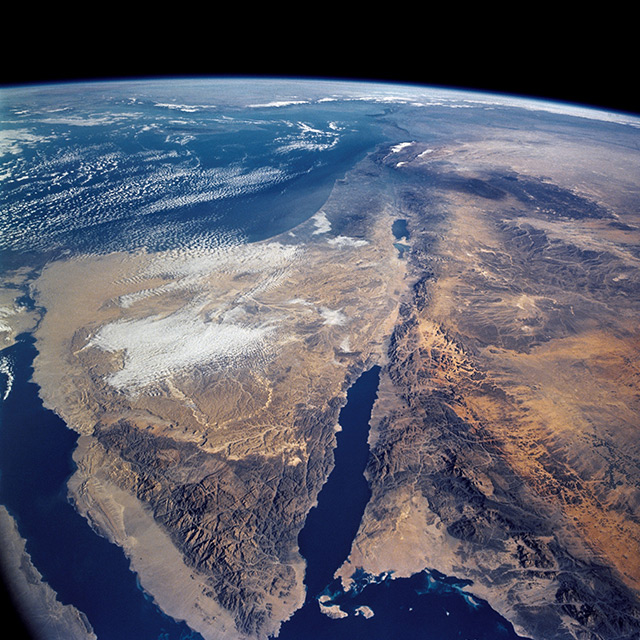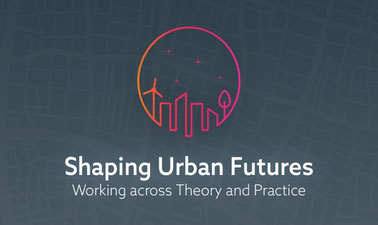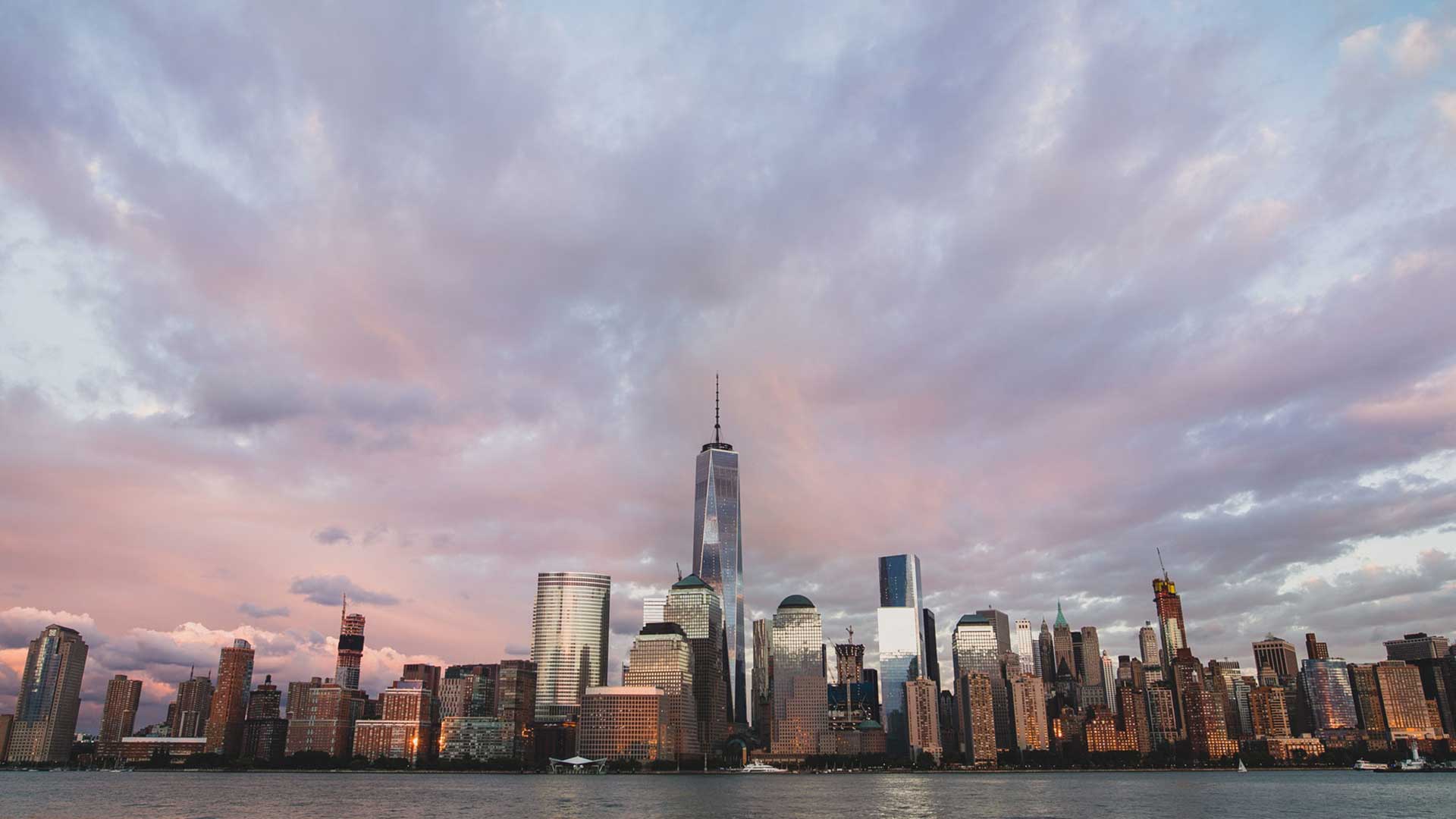Did you know that experts estimate an additional three billion people will live in cities by 2050? What will the impact be on the the current world population – half of which currently lives in cities and contributes to about three-fourths of global economic output? The opportunities are vast – but so, too, are the potential issues.
In the massive open online course Sustainable Cities, you will learn about the major challenges currently faced by urban areas around the world – including poverty, unemployment, poor housing infrastructure, and constraints on productivity – and the extraordinary potential of these areas to enable change in the future. From infrastructure to culture to economic opportunity, learn how harnessing the power of urban development for global progress is imperative.
This course examines how urban sustainability can be delivered with increasing productivity and reduced inequality; provision of universal basic services and infrastructure; protection of the urban environments; and other solutions and investments, both speculative and in action around the world. You will emerge from this course understanding how governments, private stakeholders and other actors can improve urban development to heed the call of Sustainable Development Goal 11 – “making cities and human settlements inclusive, safe, resilient and sustainable“ by 2030.
This course was made possible through the generous support of the Jeffrey Cheah Foundation.
Credits:
Curator and Lead Faculty - Aromar Revi
Programme Coordinator - Geetha Krishnan and Vivekananda Rajendra
Media Directors - Subasri Krishnan and Yashodara Udupa
Teaching Assistant - Shobita Rao and Vineetha Nalla
Camera - Kunal Deshpande, Yashodara Udupa, and Zohrab Reys Gamat
Additional Camera: Isaac Berner
Light Assistance: Shekhar
Sound: Jamie D’silva and Rakesh U.P.
Additional Sound - Kunal Deshpande, Subasri Krishnan, Zohrab Reys Gamat
Editing - Sandhya Kumar, Vinay Ghodgeri, Yashodara Udupa and Zohrab Reys Gamat
Additional Editing - Sandeep Viswanath
Graphics - Radhamohini Prasad
Additional Assistance with Graphics - Arindam Jana, Charlotte Adelina P, Mohan Raju JS
Video and Sound Post-Production - Pradeep Nayak
Research Assistance - Aishwarya Balasubramanian, Ana Abbas, Anushree Deb, Amrita Chattopadhyay, Jaikishan Agarwal, Jessica George, Rahael Kuruvilla, Sarita Pillay, Sushmita Ramoji, Suman Barat, Teja Malladi
Additional Content Assistance - Neha Sami
Word Edit Support - Rekha Raghunathan, Nishtha Vadehra
Production - Ananth Kumar, Kailash Singh Rawat, Neelufer Aslam, Pancham Singh Rawat, Puttaswamy, Sanjay Kumar Pal, Sreejith Suresh
Location Production Assistance: Alicia Fortuin, Sfanele Ntuli, Siphiwe 'Zane' Silinda
Legal Assistance - Amlanjyoti Goswami, Kaye Lushington, Amrita Basu Mallik, Karuna Sharma
Transcription - Anurag Dasgupta, Asha Mavinasara, Masoom Parmar, Nikita Vidhyalankar, Satyavrat Krishnakumar, Shaurya Singh, Teesta Krishnan Sinha
Translations (Hindi) - Communication for Development and Learning (CDL)
Equipment hire - Adams, Vineet Videos, Wildclickz
Locations:
Amsterdam, Bangkok, Bengaluru, Berlin, Brussels, Cape Town, Copenhagen, Durban, Jakarta, Johannesburg, Kampala, London, Melbourne, Mumbai, Nairobi, New Delhi, New York, Paris, Perth, Singapore
Thanks to:
African Centre for Cities, University of Cape Town; Chulalongkorn University; Cities Alliance; Columbia University, Earth Institute; Curtin University; C40; eThekwini Municipality; Facultad Latinoamericana de Ciencias Sociales(FLACSO); ICLEI – Local Governments for Sustainability; International Institute for Environment and Development (IIED); Middlesex University; Mistra Urban Futures; Monash University; Penn Institute for Urban Research (Penn IUR); Public Health Foundation of India (PHFI); Scholarly Publishing and Academic Resources Coalition (SPARC); SEWA Bharat - All India Federation of Self Employed Women’s Association; Shack/Slum Dwellers International (SDI); The New School; United Cities and Local Governments (UCLG);UN-Habitat; Sustainable Development Solutions Network; Women in Informal Employment: Globalizing and Organizing (WIEGO)
Acknowledgments:
Angshuman Das; David McEwen; Holger Kuhle; Jahnavi G.H.; Mohammad Fayaz; Capt. K Pooja Vasanth (Retd); Rebecca Heines; Sandeep Kumar Mitra; Swastik Harish; Varalakshmi; Vidya Jindal
Producer:
Chandrika Bahadur for the Sustainable Development Solutions Network, SDG Academy
